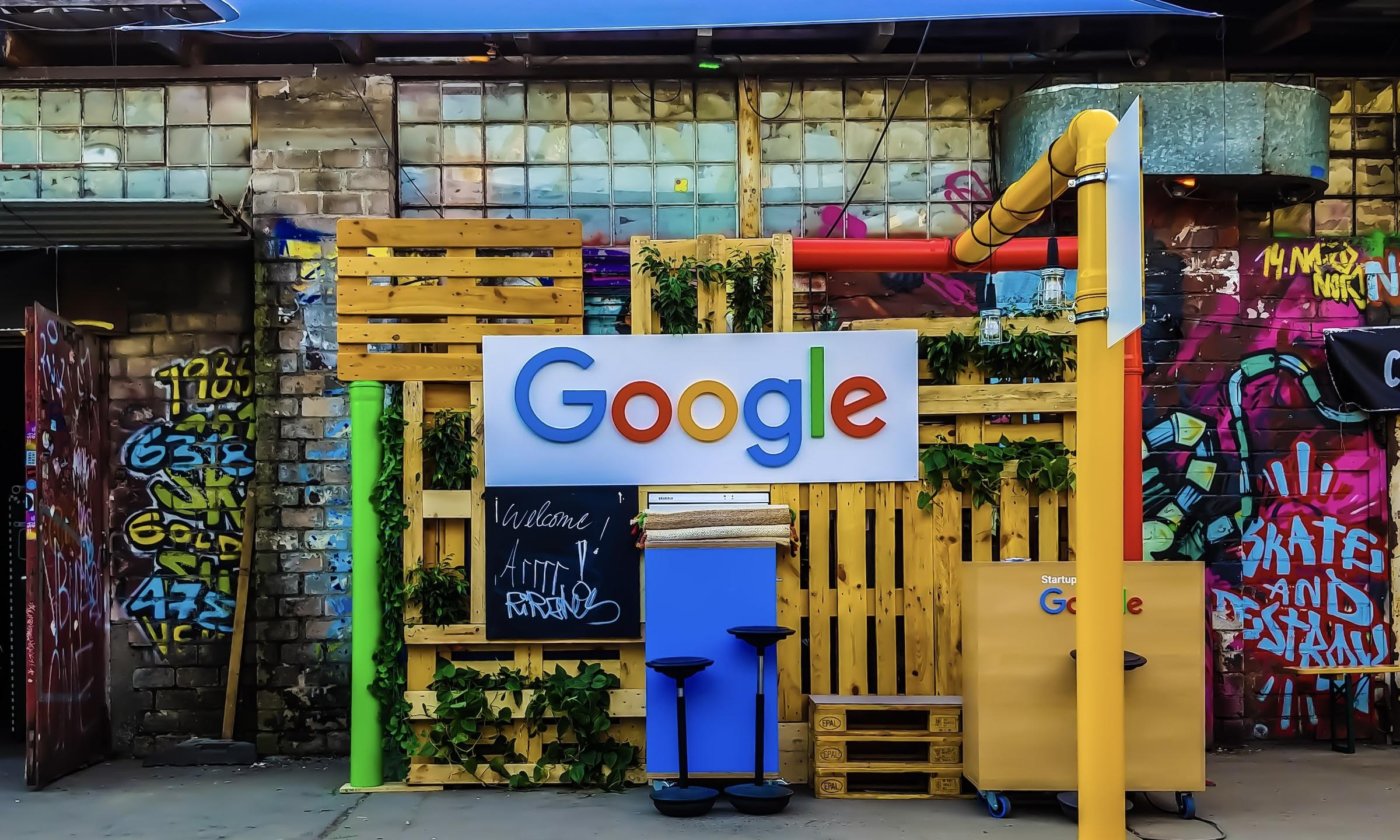Alphabet's Google announced on Tuesday that it will implement restrictions on election-related queries for its chatbot, Bard, and search generative experience leading up to the 2024 U.S. Presidential election. The company confirmed these restrictions are expected to be enforced by early 2024.
Global Impact of the Restrictions
In addition to the United States, various groundbreaking elections are anticipated in 2024, involving nations such as India, the world's largest democracy, and South Africa, among others, according to CNBC.
The tech giant will place an increased emphasis on the role of artificial intelligence (AI) in providing service to voters and campaigns associated with these elections. Reuters reported that Google aims to ensure transparency and enhance the integrity of the political process.
Facebook owner Meta had previously announced in November its prohibition of political campaigns and advertisers in regulated industries from utilizing its new generative AI advertising products. Advertisers on Meta's platforms will also be required to disclose the use of AI or other digital methods in modifying or creating political, social, or election-related advertisements on Facebook and Instagram.
Contrarily, Elon Musk's social media platform X, currently under investigation by the European Union, declared in August that it will allow political advertising from candidates and political parties in the United States. X also plans to expand its safety and elections team ahead of the U.S. election. It is important to note that all political ads on X were previously banned globally in 2019.
Regulating AI on a Global Scale
Governments worldwide are actively seeking to regulate artificial intelligence due to its potential threats, including the dissemination of misinformation. As part of these efforts, new European Union rules will require prominent labeling of political advertising on Big Tech platforms, disclosing the source of funding and the specific elections targeted.
The European Union's regulations are intended to ensure transparency and accountability in political advertising across major platforms.
Photo: Rajeshwar Bachu/Unsplash



 Anthropic Eyes $350 Billion Valuation as AI Funding and Share Sale Accelerate
Anthropic Eyes $350 Billion Valuation as AI Funding and Share Sale Accelerate  SpaceX Updates Starlink Privacy Policy to Allow AI Training as xAI Merger Talks and IPO Loom
SpaceX Updates Starlink Privacy Policy to Allow AI Training as xAI Merger Talks and IPO Loom  SpaceX Prioritizes Moon Mission Before Mars as Starship Development Accelerates
SpaceX Prioritizes Moon Mission Before Mars as Starship Development Accelerates  Sony Q3 Profit Jumps on Gaming and Image Sensors, Full-Year Outlook Raised
Sony Q3 Profit Jumps on Gaming and Image Sensors, Full-Year Outlook Raised  Missouri Judge Dismisses Lawsuit Challenging Starbucks’ Diversity and Inclusion Policies
Missouri Judge Dismisses Lawsuit Challenging Starbucks’ Diversity and Inclusion Policies  SoftBank and Intel Partner to Develop Next-Generation Memory Chips for AI Data Centers
SoftBank and Intel Partner to Develop Next-Generation Memory Chips for AI Data Centers  Nvidia CEO Jensen Huang Says AI Investment Boom Is Just Beginning as NVDA Shares Surge
Nvidia CEO Jensen Huang Says AI Investment Boom Is Just Beginning as NVDA Shares Surge  SpaceX Reports $8 Billion Profit as IPO Plans and Starlink Growth Fuel Valuation Buzz
SpaceX Reports $8 Billion Profit as IPO Plans and Starlink Growth Fuel Valuation Buzz  Amazon Stock Rebounds After Earnings as $200B Capex Plan Sparks AI Spending Debate
Amazon Stock Rebounds After Earnings as $200B Capex Plan Sparks AI Spending Debate  Elon Musk’s Empire: SpaceX, Tesla, and xAI Merger Talks Spark Investor Debate
Elon Musk’s Empire: SpaceX, Tesla, and xAI Merger Talks Spark Investor Debate  TSMC Eyes 3nm Chip Production in Japan with $17 Billion Kumamoto Investment
TSMC Eyes 3nm Chip Production in Japan with $17 Billion Kumamoto Investment  Oracle Plans $45–$50 Billion Funding Push in 2026 to Expand Cloud and AI Infrastructure
Oracle Plans $45–$50 Billion Funding Push in 2026 to Expand Cloud and AI Infrastructure  Alphabet’s Massive AI Spending Surge Signals Confidence in Google’s Growth Engine
Alphabet’s Massive AI Spending Surge Signals Confidence in Google’s Growth Engine  AMD Shares Slide Despite Earnings Beat as Cautious Revenue Outlook Weighs on Stock
AMD Shares Slide Despite Earnings Beat as Cautious Revenue Outlook Weighs on Stock  Tencent Shares Slide After WeChat Restricts YuanBao AI Promotional Links
Tencent Shares Slide After WeChat Restricts YuanBao AI Promotional Links  Once Upon a Farm Raises Nearly $198 Million in IPO, Valued at Over $724 Million
Once Upon a Farm Raises Nearly $198 Million in IPO, Valued at Over $724 Million 





























